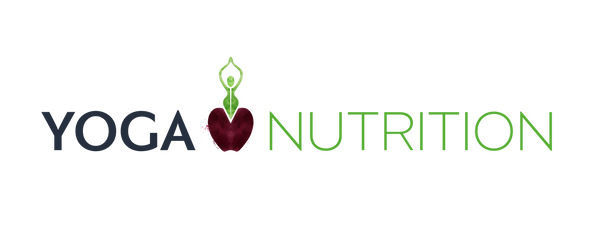|
Like many people in the UK, we have been looking at the weekly food bill to see where we can maybe make some savings – we have been eating only organic for years via a weekly organic delivery box. So, we did some research on which food products to prioritise to buy organic. And apparently it all lies in the levels of hormones and antibiotics in meat and dairy products, and pesticides in fruit and vegetables.
When we talk about ‘organic’, we’re referring to how food is grown, processed and stored. The standards vary from country to country but, in general, organic food and drink must be grown without:
- pesticides (limited, natural pesticides only)
- genetically modified ingredients
- routine use of antibiotics
- growth stimulants like hormones
- artificial colours or preservatives
- caging animals (only free-range)
There are a number of control bodies who regularly inspect producers, distributors and marketers of organic products to ensure they continue to meet organic standards. These checks are undertaken at least once a year and only the foods that meet the standards are granted an organic certificate.
Let’s start with vegetables. When it comes to the organic versus non-organic vegetable and fruit debate, it is all about pesticide residues.
Research has shown that some fruit and vegetables harbour more pesticides than others; these are known as the ‘dirty dozen’ and include:
Peaches / Apples / Capsicums (peppers) / Celery / Nectarines / Strawberries / Cherries / Lettuce / Grapes / Pears / Spinach / Potatoes (all the tasty ones!)
The fruit and vegetables that are less likely to be contaminated with pesticide and residues include the following (research is taken from Shopper’s Guide to Pesticides from the Environmental Working Group): Broccoli / Aubergine / Cabbage / Banana / Kiwi / Asparagus / Sweet peas / Mango / Pineapple / Sweetcorn / Avocado / Onion / Cauliflower / Honeydew Melon / Mushrooms / Watermelon / Sweet Potato / Grapefruit
The main thing to remember with non-organic vegetables, as with all vegetables in fact, is to ensure you wash them thoroughly. And eat the widest variety of vegetables possible!
And so to meat, for the non-vegetarians:
research by Newcastle University based on worldwide data and 67 separate studies, showed that organic and non-organic meat are in fact different nutritionally. For example, organic meat contains about 50% more beneficial omega-3 fatty acids than conventionally produced meat and has fewer potentially harmful saturated acids: i.e. myristic and palmistic acid.
This is the result of outdoor grazing / foraging that’s required for an animal/farm to be registered as organic. We are not even talking here about improved animal welfare from the animals having to be reared outdoors for a part of the year. Nor the fact that industrial-style animal husbandry requires the animals to be given large quantities of antibiotics. If you want to read the research in depth, here is the link:
https://agricology.co.uk/resource/organic-versus-non-organicmeat/#:~:text=The%20findings%2C%20published%20in%20the,myristic%20acid%20and%20palmitic%20acid).
Consequently, if one is eating organic meat, one should also eat organic butter, eggs, milk and yoghurt.
We all know that organic meat is more expensive than agriculturally farmed meat, however like many people, we see this as a positive as it means we eat less of it, which in turn can only benefit the environment.
Stay healthy!
Paul
|


